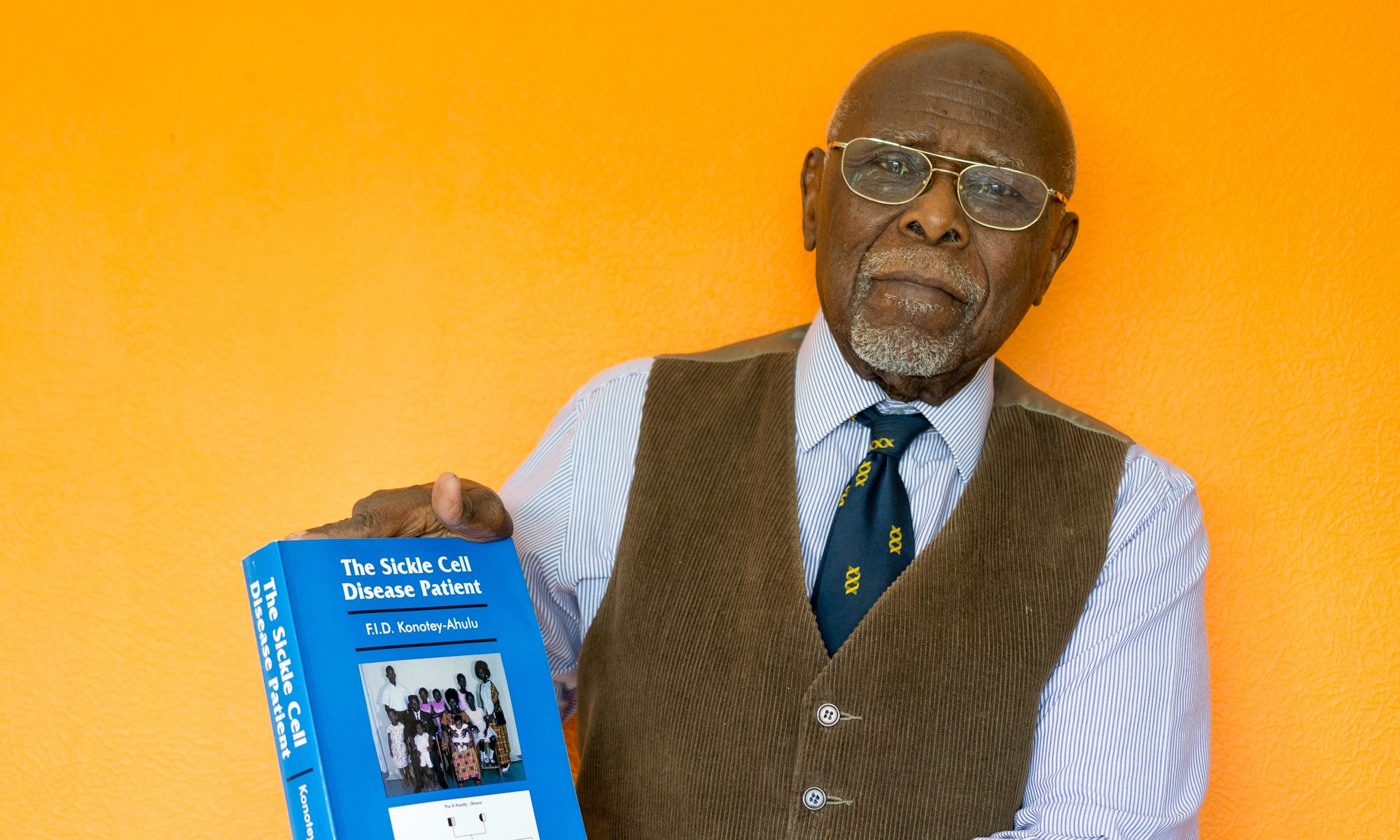Posted on May 15, 2013 by admin.sicklecell.md Rapid Response in British Medical Journal
Felix I D Konotey-Ahulu www.bmj.com/content/345/bmj.f2855/rr/645095 12 May 2013 response to
Most religious followers support assisted suicide for the dying.
British Medical Journal – 11 May 2013 Volume 346, p3 – NEWS
Zosia Kmietowicz www.bmj.com/content/345/bmj.f2855?sso=
Most religious followers supported assisted suicide for the dying: Survey flawed through inadequate definition of “religious” and “terminally ill”.
Those who “said that they followed a religion” were regarded as “religious followers” [1] and their opinions about “a change in the law to allow assisted suicide for people who are terminally ill” recorded in a survey which I consider deeply flawed because of inadequate definition of “religious” and, when Palliative Care Experts are not themselves unanimous [2] in agreeing on who can be called “terminally ill”, how was the term explained to the “nearly 4500 adults” in the survey? [1]
CHURCH OF ENGLAND QUERIES SURVEY
While it was claimed that there was “strong support for a change in the law” from 72% of 1519 Anglicans in the survey organised by Linda Woodhead, Lancaster University Professor of Sociology of Religion, the Church of England spokesman, quite rightly in my view, said such an important subject “cannot be effectively conducted through the medium of online surveys” – a criticism that Professor Woodhead apparently dismissed on the grounds that she was better placed to define who an Anglican follower was than the Church herself.
ETHICS, NOT SOCIOLOGY, IS CRUX OF THE MATTER
The second flaw in Professor Linda Woodhead’s survey is a lack of distinction between legality and ethics when it comes to questions of assisted suicide. To assume that “the Law” is all that needs consideration in this matter is grossly mistaken. I have previously pointed out in the BMJ how two brilliant British Professors of Genetics, both FRS, treated the ethical principle surrounding a genetic defect I had described in the BMJ, in two entirely different ways in their well known textbooks of Genetics. One FRS used my story to underline the importance of Ethics in Clinical Medicine. The other FRS, also publishing details of my story, did not even mention the word “ethics” in his Genetics book. Assisted suicide is bigger than sociology of religion. Any survey done without highlighting the ethical dimension, regardless of the brilliance and reputation of the organisers of the survey, is deeply flawed.
RELIGION IS BROADER THAN CHURCH, MOSQUE, SYNAGOGUE
Third Flaw: Professor Linda Woodhead needs no reminding that there are atheists who are deeply religious. Some of my brilliant atheistic friends and acquaintances worship Scientific Humanism. If they are also labelled as religious (as they need to be) then does the thrust of the survey with the message it seems to convey not become meaningless?
FACE-TO-FACE SURVEYS PREFERABLE IN CONTROVERSIAL MATTERS
In controversial matters it is always good policy to demand face to face interviews where the interviewer can be asked questions such as: (i) “What is your definition of ‘religion’?” (ii) “Have some terminally ill patients not been known to improve unexpectedly and gone home?” (iii) “Why was the present law on assisted suicide acceptable a decade ago, but not now?” (iv) “If Assisted Suicide is made legal in the UK does that make it ethical?” (v) “Does Hitler’s Nazi Germany have nothing to teach Great Britain?”
Felix I D Konotey-Ahulu MD(Lond) FRCP DTMH [felix@konotey-ahulu.com]
Kwegyir Aggrey Distinguished Professor of Human Genetics, University of Cape Coast, Ghana and Consultant Physician Genetic Counsellor in Sickle Cell and Other Haemoglobinopathies, 9 Harley Street Ltd, Phoenix Hosp[ital Group, London W1G 9AL
Competing interests: I am Christian but I do not refer to myself as “religious”.
1 Kmietowicz Zosia. Most religious followers support assisted suicide for the dying. BMJ 201`3; 346: f2855 (11 May, page 3) www.bmj.com/content/346/bmj.f2855?sso
2 Konotey-Ahulu FID. Liverpool care pathway BMJ and Channel Four News: Majority expert choice does not mean best choice.www.bmj.com/content/346/bmj.f1303/rr/634971 March 8 Rapid Response to “Nine out of 10 palliative care experts would choose Liverpool care pathway for themselves” Krishna Chinthapalli in BMJ 2013; 346: 1103 (March 2, pages 2-3)
Competing interests: None declared
Article appeared in the BMJ – www.bmj.com/content/346/bmj.f2855/rr/645095
by Felix I D Konotey-Ahulu (May 12 2013)
